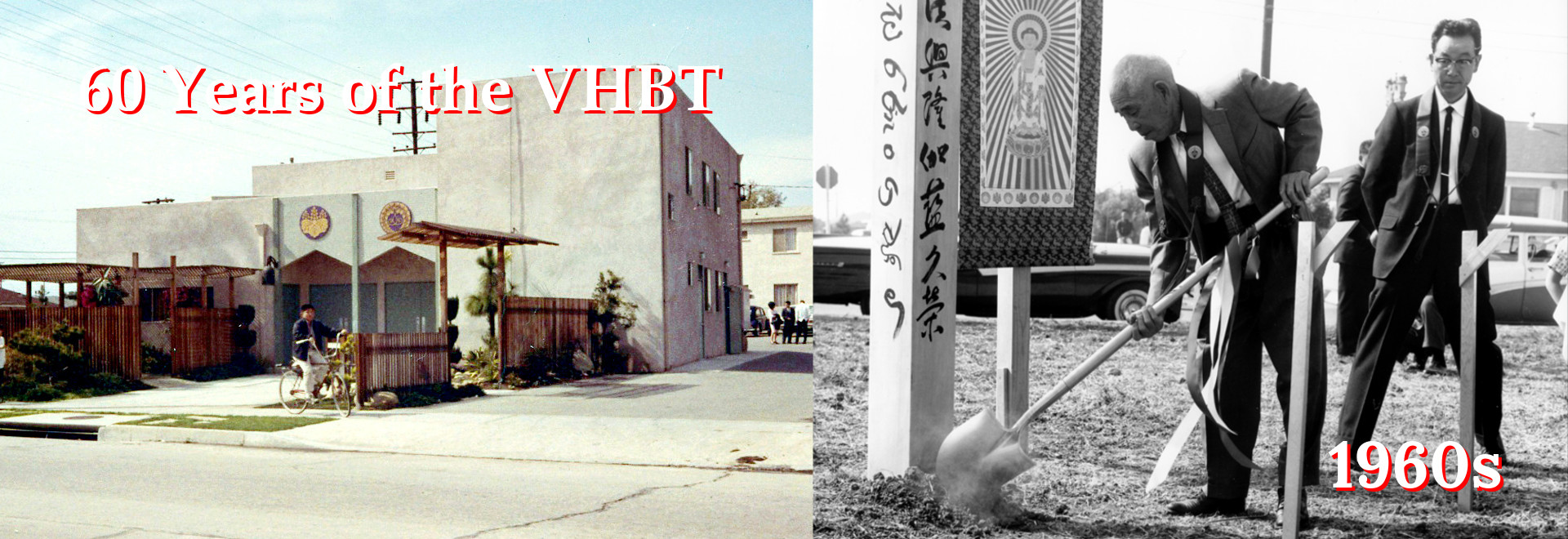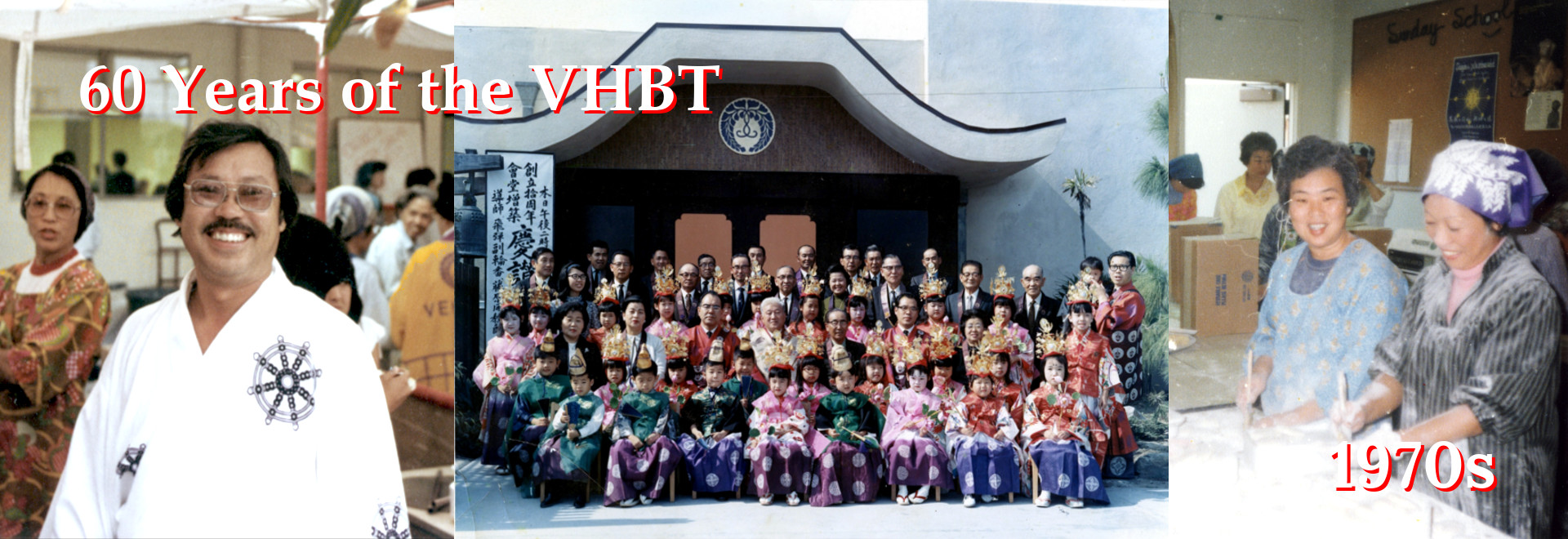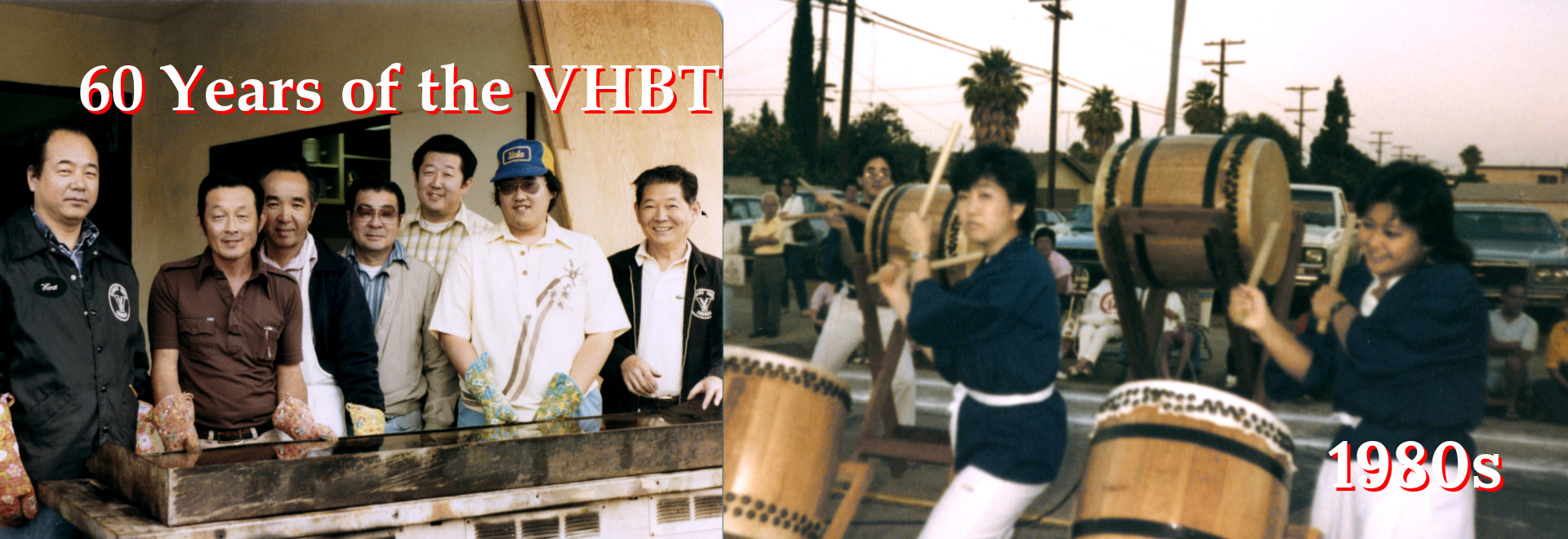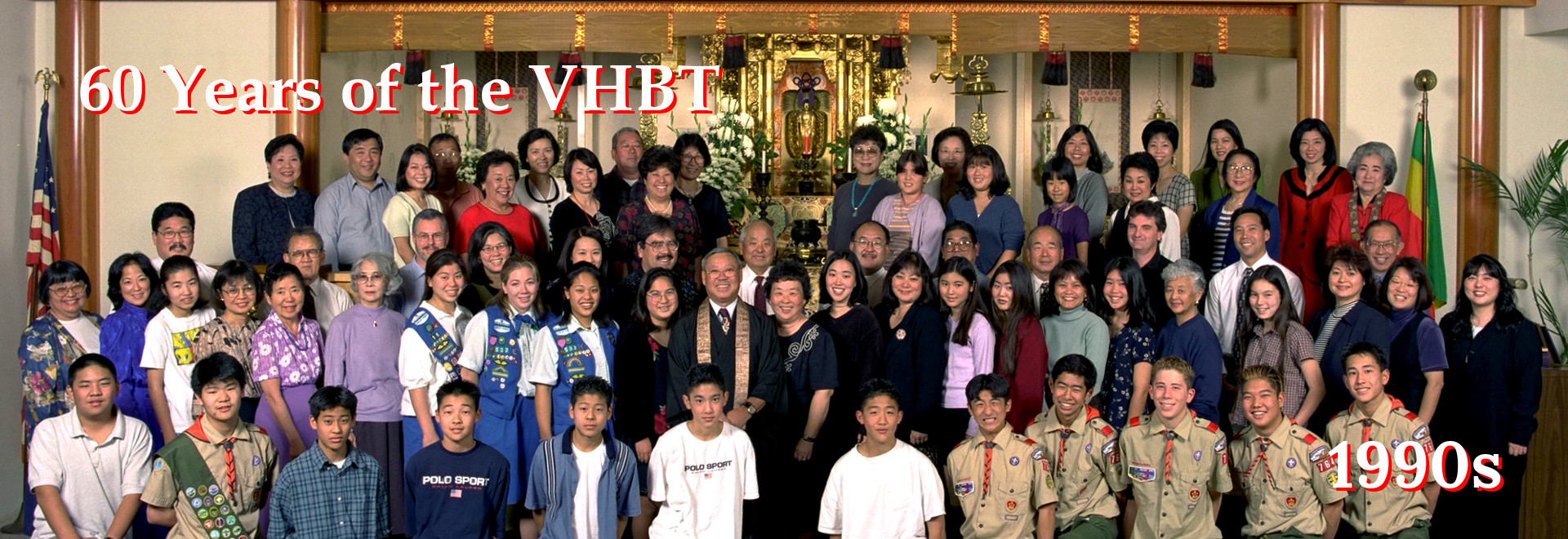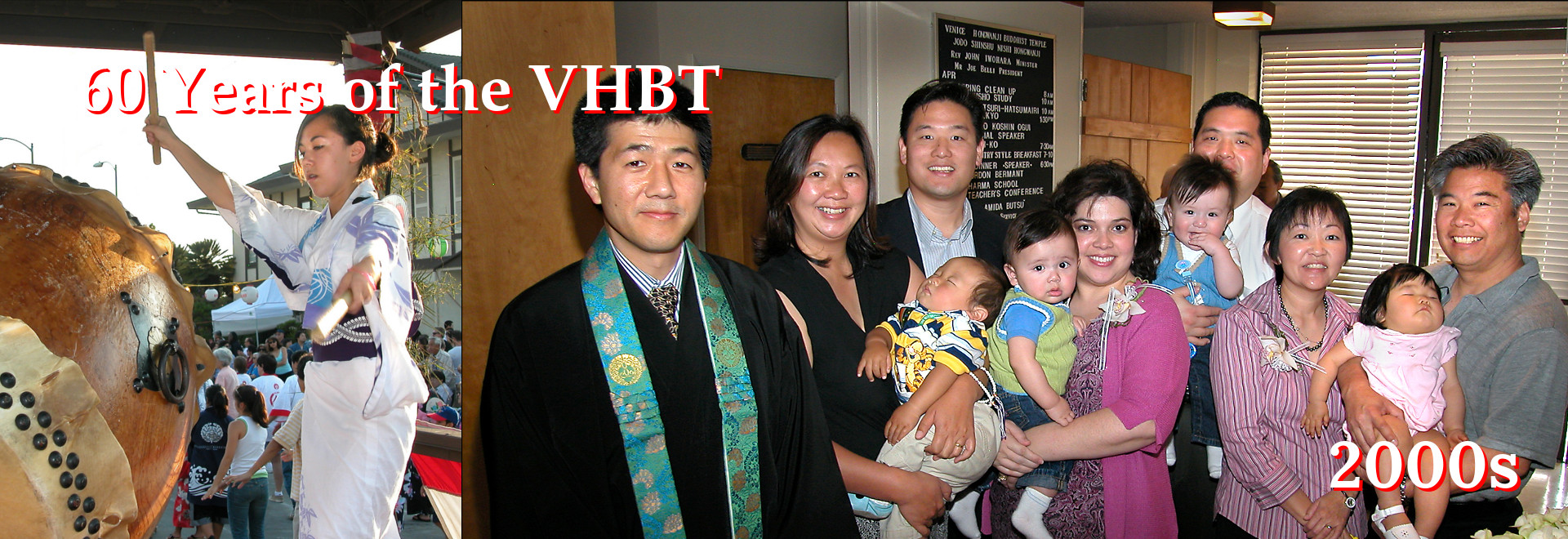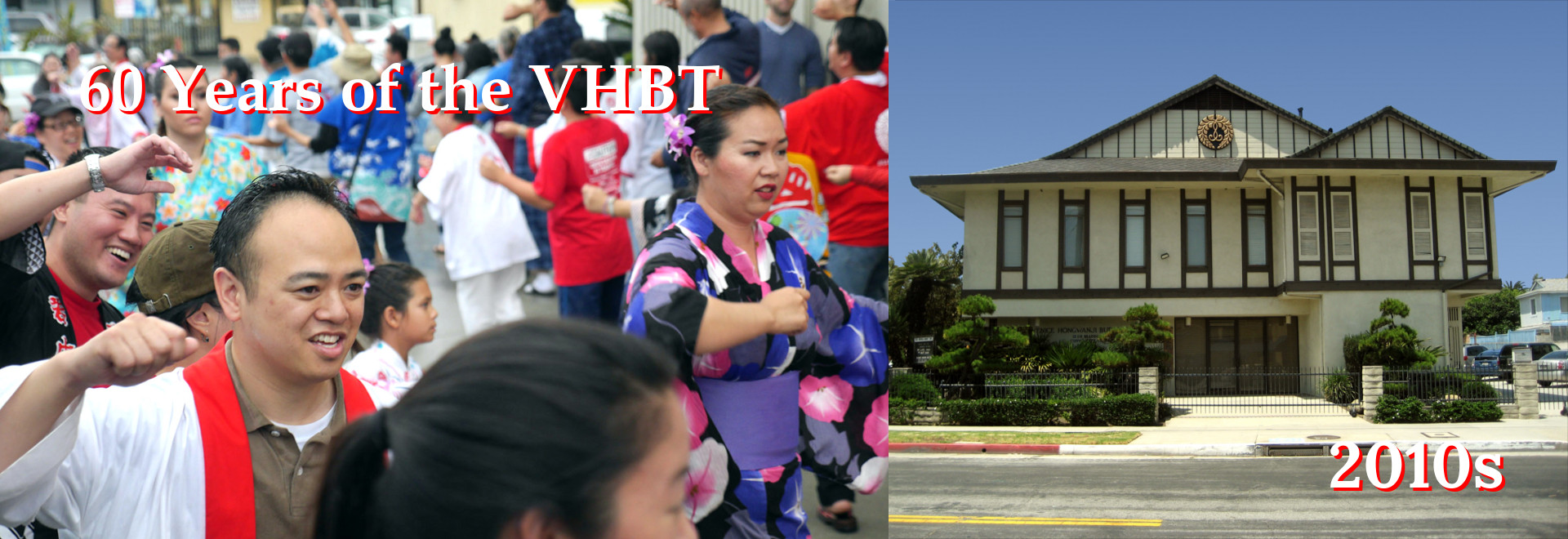I would like to begin by first saying “Thank You” to everyone who has taken the time to comment on our temple’s bulletin board. It is nice to know that people do take the time to read what has been written. Putting out a bulletin board message is not necessarily an easy thing to do. First, there is the limitation of length and then there is the time consuming task of actually pushing all the letter pins onto the letter board to form the messages. I am very lucky that we have someone at the temple who is always so very eager to volunteer to do this very tedious task.
Recently, we have been writing very short messages. They are only one or two words long. Hopefully, people aren’t disappointed in how simple these “messages” have been recently. On our message board we have written (will write) “Welcome,” “Thank You,” “I’m Sorry,” and “Please.” The reason for this is because these are some of the easiest words to utter, but sometimes are also the most difficult words to say. Being able to utter these four different expressions are typically not that hard to do. They are such simple expressions that for the most part we take for granted our ability to utter them. We can say them anytime. It may be partially for this reason that we often neglect to say these words: we can say them anytime.
On the other hand, however, despite knowing how easy it is to speak these words we also understand the tremendous meaning they have. Sometimes the responsibility associated with these words may make it difficult for us to say, and because of this we find ourselves sometimes hesitating to say them. Unfortunately when we do, we sometimes find ourselves concluding, “It is now too late to say” and we lose our chance to speak them.
Like these expressions, the Nembutsu or Namo Amida Butsu is also very easy to utter. Like these expressions, the Nembutsu also has tremendous meaning. It has behind it the Vow of a Buddha to save all sentient beings. Hopefully, we do not find ourselves ignoring or hesitating to say expressions like “Welcome,” “Thank You,” “I’m Sorry,” and “Please.” Hopefully, too, we do not find ourselves ignoring or hesitating to say Namo Amida Butsu. This is because although sometimes the easiest things to say are the most difficult, they often are also the most meaningful as well.
Rev. John Iwohara
